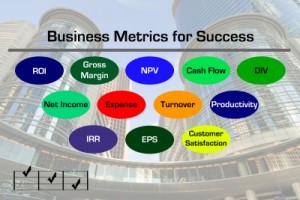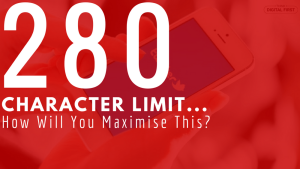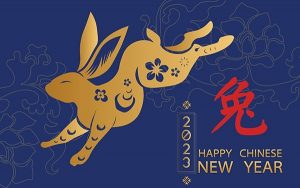If you sometimes feel like your older or younger coworkers are speaking another language, that’s because, well, they are. No matter your age, the generation you belong to has unique vocabulary—slang—that makes perfect sense to you but can leave others scratching their heads. And this generational slang divide is causing communication confusion in the workplace, according to a new report from the online tutoring company Preply.
Preply pored over Google Trends data and surveyed over 1,000 people across generations to discover the types of slang that baby boomers, Gen X, millennials, and Gen Z used, as well as the members of those generations’ feelings about slang usage by other generations.
Some of the most interesting findings from Preply’s report revolve around generational slang in the workplace. Specifically it found that:
The takeaway: Nearly a quarter to a third of every generation in the workplace have trouble understanding other generations, so don’t feel bad if you do, too.
The report also revealed where generations turn to to learn the slang words of other generations, which help them communicate better in the workplace. It found:
For its report, Preply looked at the top 100 slang terms on Google Trends across all 50 states and in the 50 largest cities in America for the past year. It said 70 of the slang terms were “vintage” slang and 30 of the terms were modern slang. Additionally, Preply surveyed 1,043 Americans about their slang usage.
The generational breakdown of respondents was 12% baby boomers, 25% Gen X, 52% millennials, and 11% Gen Z.
(15)
Report Post









